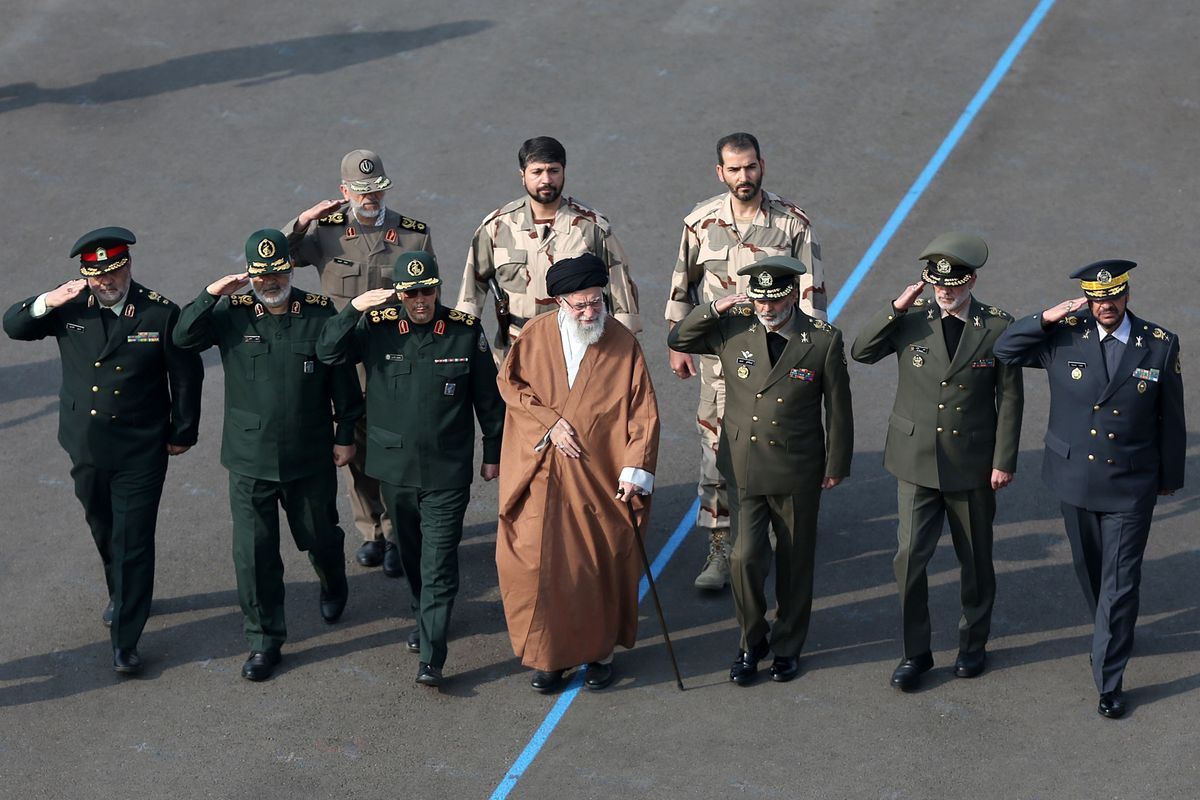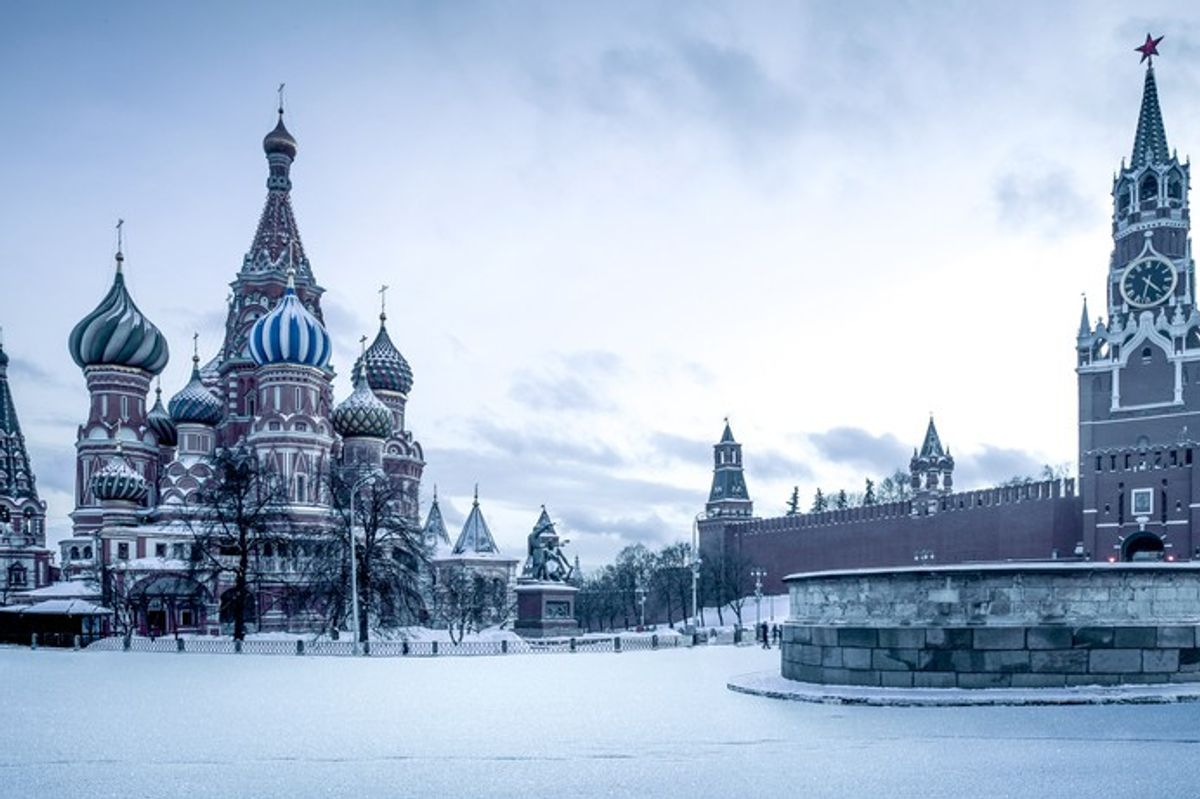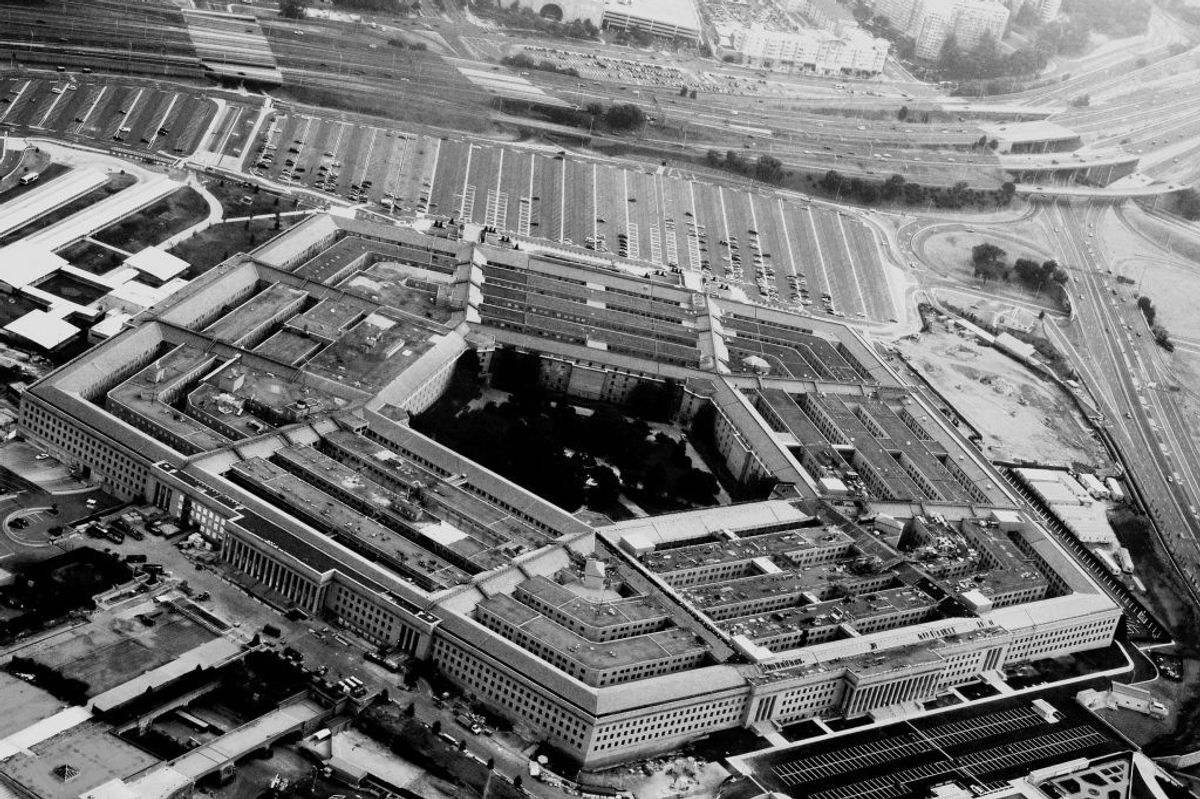Regime change has recently come up in media reports about North Korea on a frequent basis, but what does the term mean from a legal standpoint for U.S. intelligence?
In a July interview with New York Times columnist Bret Stephens, CIA Director Mike Pompeo said “the most important thing the United States can do is separate the nuclear weapons capability from someone who might well have intent, and break those two apart,” as signaling a desire for or hinting at plans for regime change. Press reports followed suggesting that Pompeo was considering a regime change option for Pyongyang.
While those characterizations may not reflect Director Pompeo’s intent, this article looks at the CIA’s authority to engage in regime change.
CIA may refer to sections 104A and 503 of the National Security Act, as amended, as authority to conduct intelligence activities designed to effect a regime change.
Section 104A is an authorities statute; it establishes the position, duties, and responsibilities of the CIA director. In addition to making the director responsible to collect, correlate, evaluate, and disseminate intelligence; and to provide overall direction for and coordination of human intelligence collection outside the United States, Section 104A requires the director to “perform such other functions and duties related to intelligence affecting the national security as the President or the Director of National Intelligence may direct.”
Section 503, on the other hand, is a process statute; it establishes a type of government operation called “covert action” and then sets procedures for the approval, reporting, and conduct of such an operation. Section 503 defines covert action as “an activity or activities of the United States Government to influence political, economic, or military conditions abroad, where it is intended that the role of the United States Government will not be apparent or acknowledged publicly.” The statute excludes certain activities – such as traditional military, diplomatic, or law enforcement activities – from the definition of covert action, but those exclusions are not relevant to a this article discussing CIA authorities.
Regime change operations by definition seek to influence political conditions abroad and thus would appear to fit comfortably within the definition of covert action. Regime change operations cannot be covert action, however, unless the United States intends those operations to be done covertly, that is, that its role in such operations not be apparent or acknowledged publicly.
The aforementioned Section 104A does not include the requirement for covertness, at least not expressly, but it does require that the function or duty directed be related to intelligence affecting the national security. The CIA thus could not rely on Section 104A authority to conduct “overt” regime change operations, unless it can determine that the overt conduct of operations to effect a regime change in a foreign country is a function or duty related to intelligence affecting the national security. It is not clear to me that such a determination reasonably could be made.
For purposes of this paper, I will assume that if the president wanted CIA to undertake regime change operations, he would direct CIA to do so as a covert action. I make that assumption for four reasons. First, any regime being targeted for change is going to perceive that targeting as a hostile act and be motivated to defend itself and potentially retaliate. Thus, doing so overtly invites conflict.
Second, if the foreign audiences sought to be influenced is hostile to the United States, that audience is not likely to be influenced by messages it knows are coming from the United States.
Third, using CIA personnel and resources for overt operations would be a misuse of national resources. CIA’s training and expertise in this area are founded in covert action; other departments and agencies have the training and expertise in conducting overt U.S. foreign policy. When you have a baseball team, you don’t take your football team to play a baseball game. Finally, one risks exposing sources and methods carefully developed for covert influence operations by having CIA attempt to engage in overt influence operations.
To authorize a covert action to effect regime change, the president would first have to determine that such a covert action is both necessary to support identifiable foreign policy objectives of the United States, and important to the national security of the United States. The president would then need to sign a document called a “finding” that memorializes that determination; identifies all U.S. departments, agencies, and entities, and third parties authorized to fund or participate in any significant way in the covert action; and sets forth the means that CIA may use in pursuit of the covert action.
The president may also wish to place limitations on when, how, or why CIA may employ any of those means. The president must ensure the finding is reported in writing to the intelligence committees and the leadership of the House and Senate as soon as possible after it is signed. If the president determines that it is essential to limit access to the finding to meet extraordinary circumstances affecting vital interests of the United States, he can notify the finding to a more limited group in the Congress. The more limited group is typically the “Gang of Eight,” comprised of the leadership of both houses of Congress and of their intelligence committees. By law, no action may be taken or funds expended under a finding until it is notified.
The means and methods the president may authorize the CIA to use to accomplish the covert action are not without limits. Most importantly, the finding may not authorize any action that would violate the Constitution or any statute of the United States. Thus, in a covert action focused on regime change, any proposed means that would cause or reasonably could be foreseen as causing violence against the regime or any specific person in the regime would need to be carefully examined against a host of federal criminal statutes, including, for example, those intended to protect foreign officials, official guests, and internationally protected persons, and that prohibit the murder or manslaughter of foreign officials, official guests, or internationally protected persons.
In addition to federal statutes, regime change proposals would need to remain consistent with a prohibition on assassination that has been in every presidential executive order on the activities of the U.S. intelligence community since President Gerald Ford issued Executive Order 11905 in February 1976. The current prohibition is found in Executive Order 12333, as amended, at section 2.11:
"No person employed by or acting on behalf of the United States Government shall engage in or conspire to engage in assassination."
Executive Order 12333 is binding on executive branch personnel and those operating on its behalf and violations may result in administrative discipline, including dismissal from service. With a possible exception for military personnel, however, it is not a crime to violate a provision of Executive Order 12333. While a president can revoke the executive order’s prohibition on assassination, that would not thereby permit operations that would violate the referenced federal criminal statutes.
The president would need to be apprised whether the covert action or any specific means authorized for the covert action could be seen as inconsistent with provisions of international law, including views of international law that differ with those held by the United States.
The National Security Act does not bar the president from authorizing a covert action that might violate aspects of international law so long as those aspects are neither codified in a federal statute nor that constrain United States conduct as a matter of U.S. Constitutional law. Once apprised, the president may then knowingly decide as a matter of policy whether or not to authorize that covert action or those means under a covert action.
A finding, however, could not permit CIA to use means intended to influence United States political processes, public opinion, policies, or media. For example, a finding could not authorize CIA to try to influence regime change abroad by influencing the U.S. media to print certain stories. While this restriction sounds straightforward and simple to meet, the pervasive osmosis of information into the borderless digital realm presents an increasingly difficult challenge.
Congress can also refuse to appropriate funding for, or prohibit the use of existing appropriated funds for specific activities under any covert actions. Thus, were a finding to issue authorizing CIA to undertake regime change operations to which Congress objected, Congress could effectively nullify or limit the regime change operations authorized in a finding by exercising its “power of the purse” to withholding funds from all or parts of the covert action.
In short, CIA’s authority to conduct operations for the purpose of effecting a regime change overseas is clear if the operation is a covert action. The president must authorize the covert action and notify Congress. The covert action could not be pursued using means that would violate the U.S. Constitution, federal statutes, or Executive Order 12333’s ban on assassination, and that avoids or minimizes an unintended influence on United States political processes, public opinion, policies, or media. The covert action would need to have sufficient support in Congress that appropriated funds would be made available.













